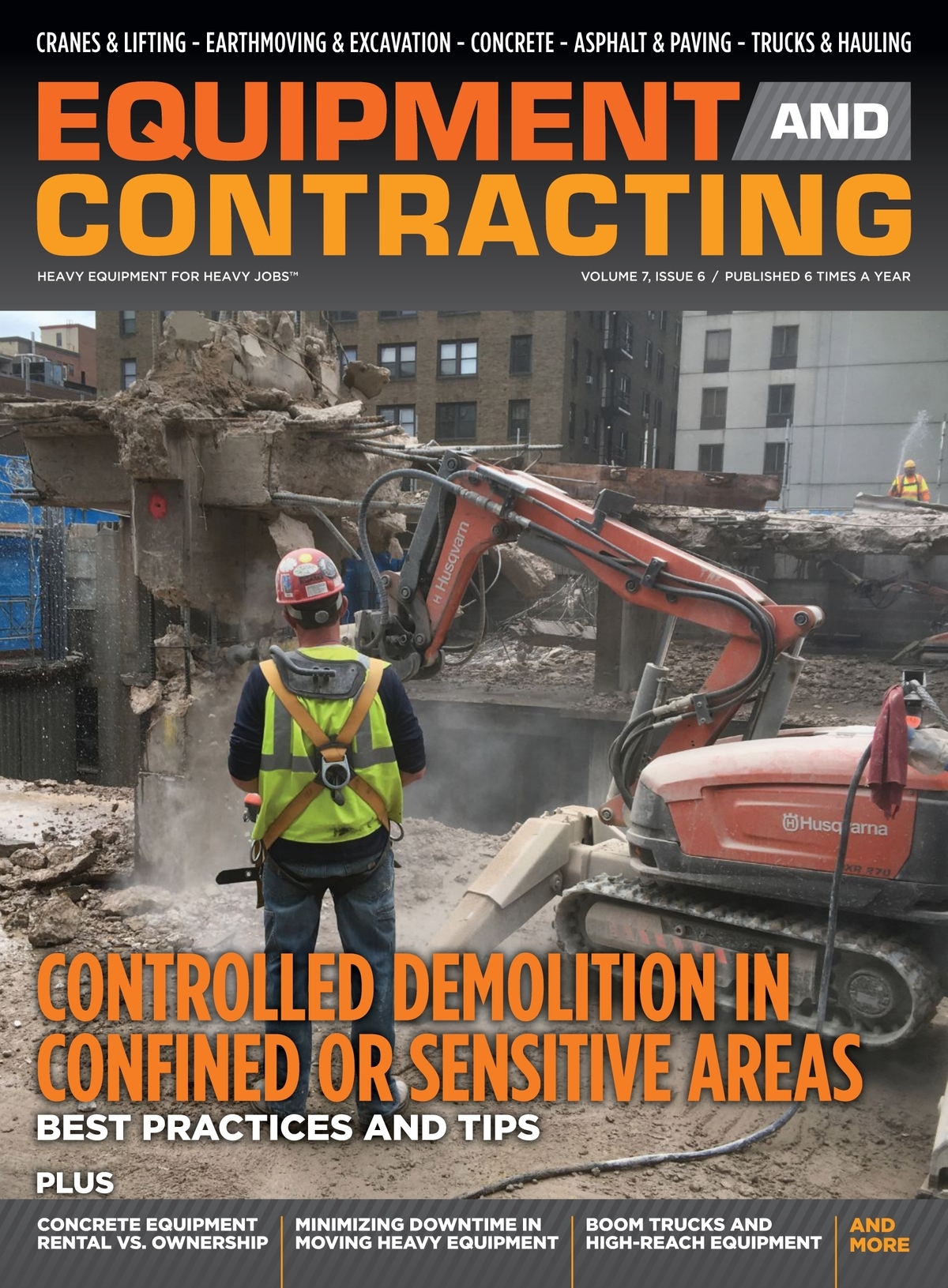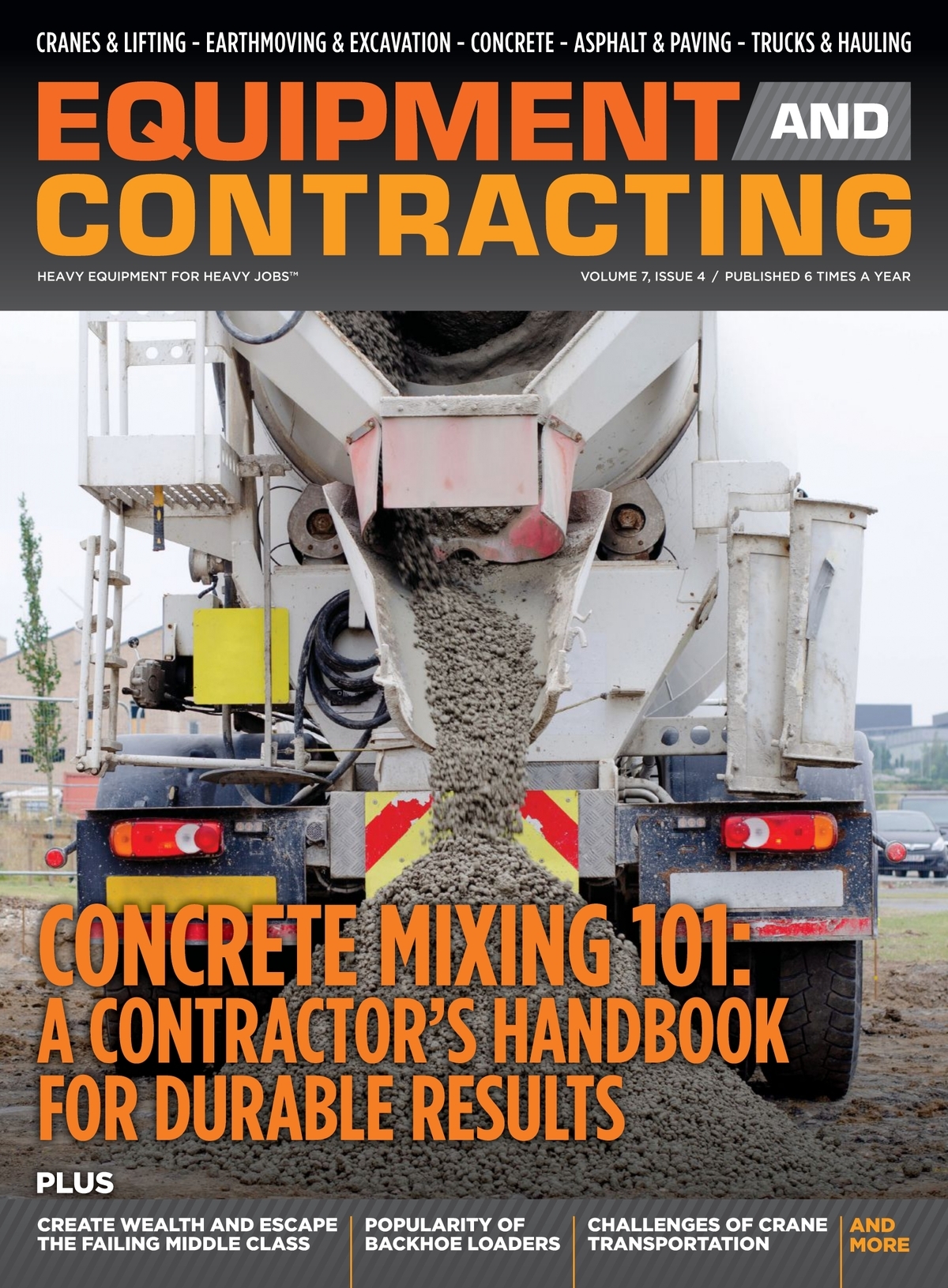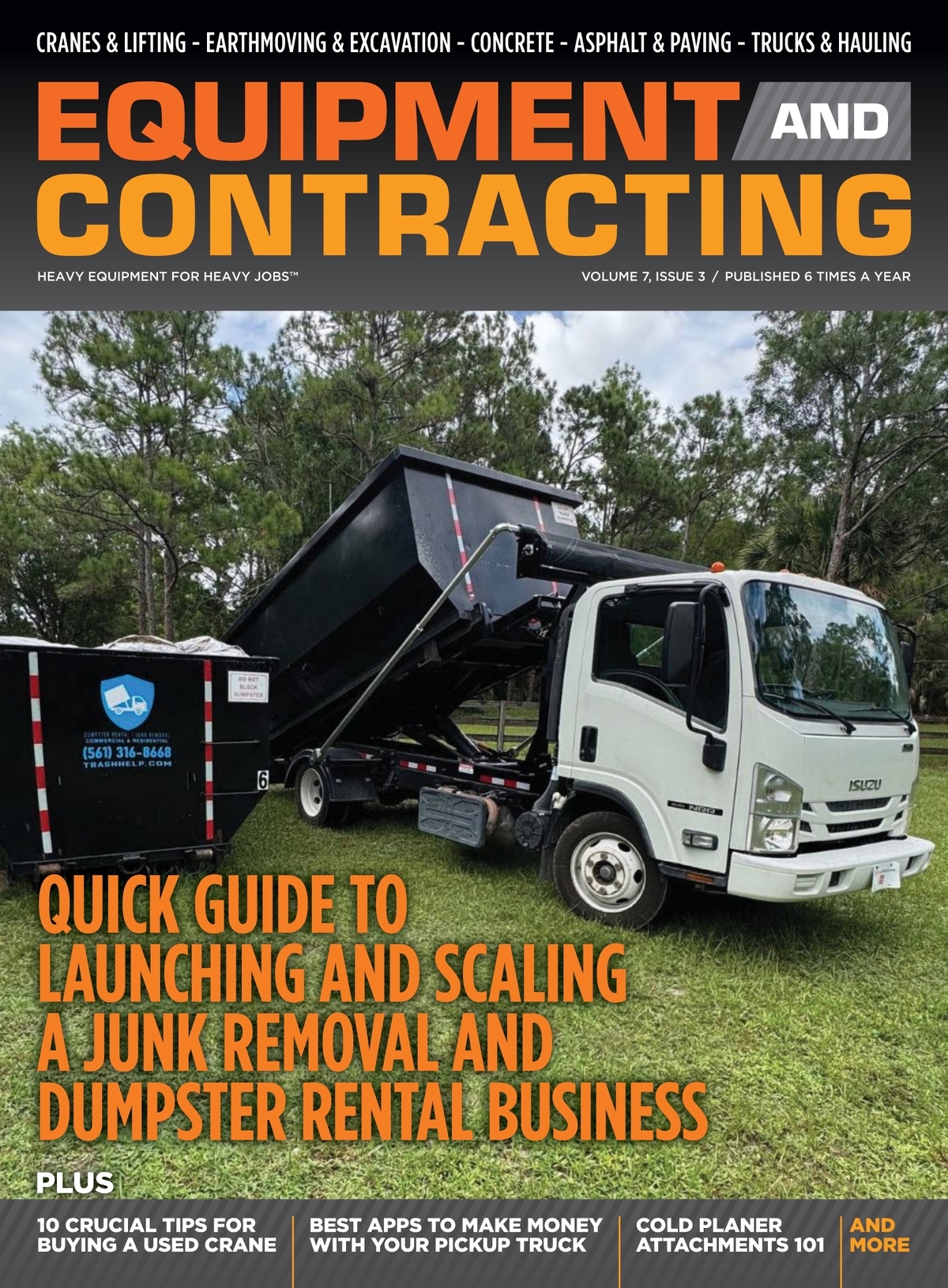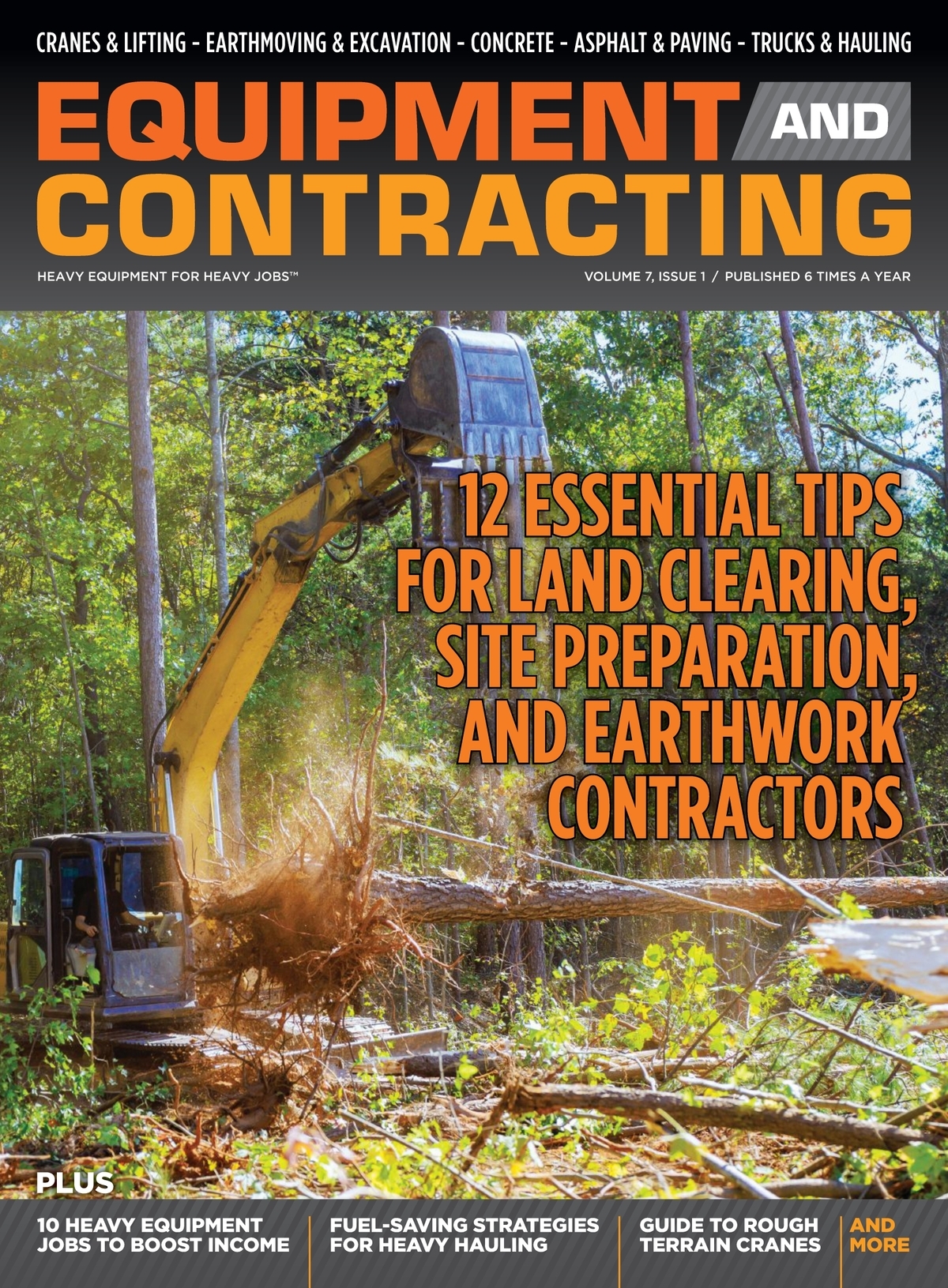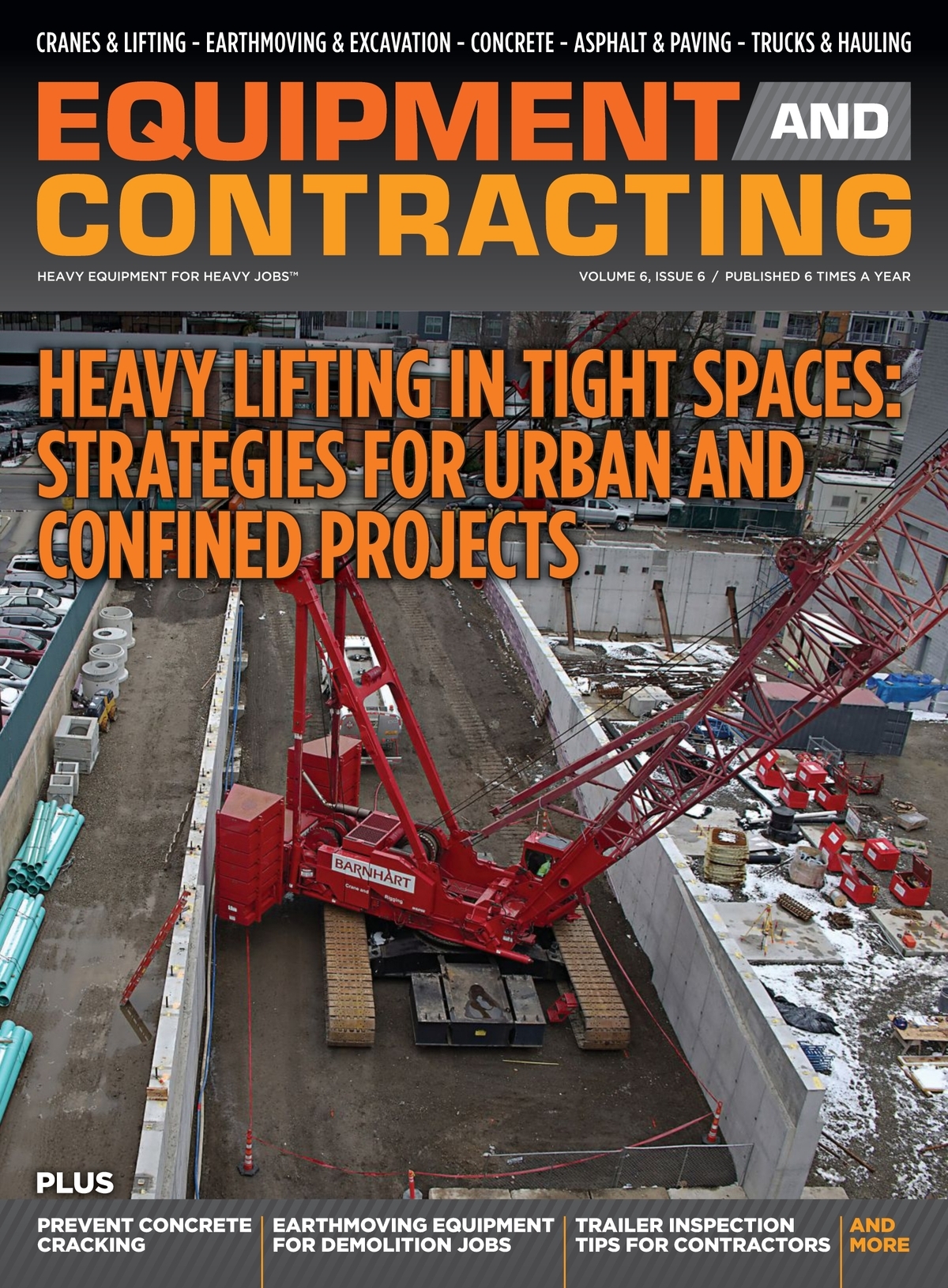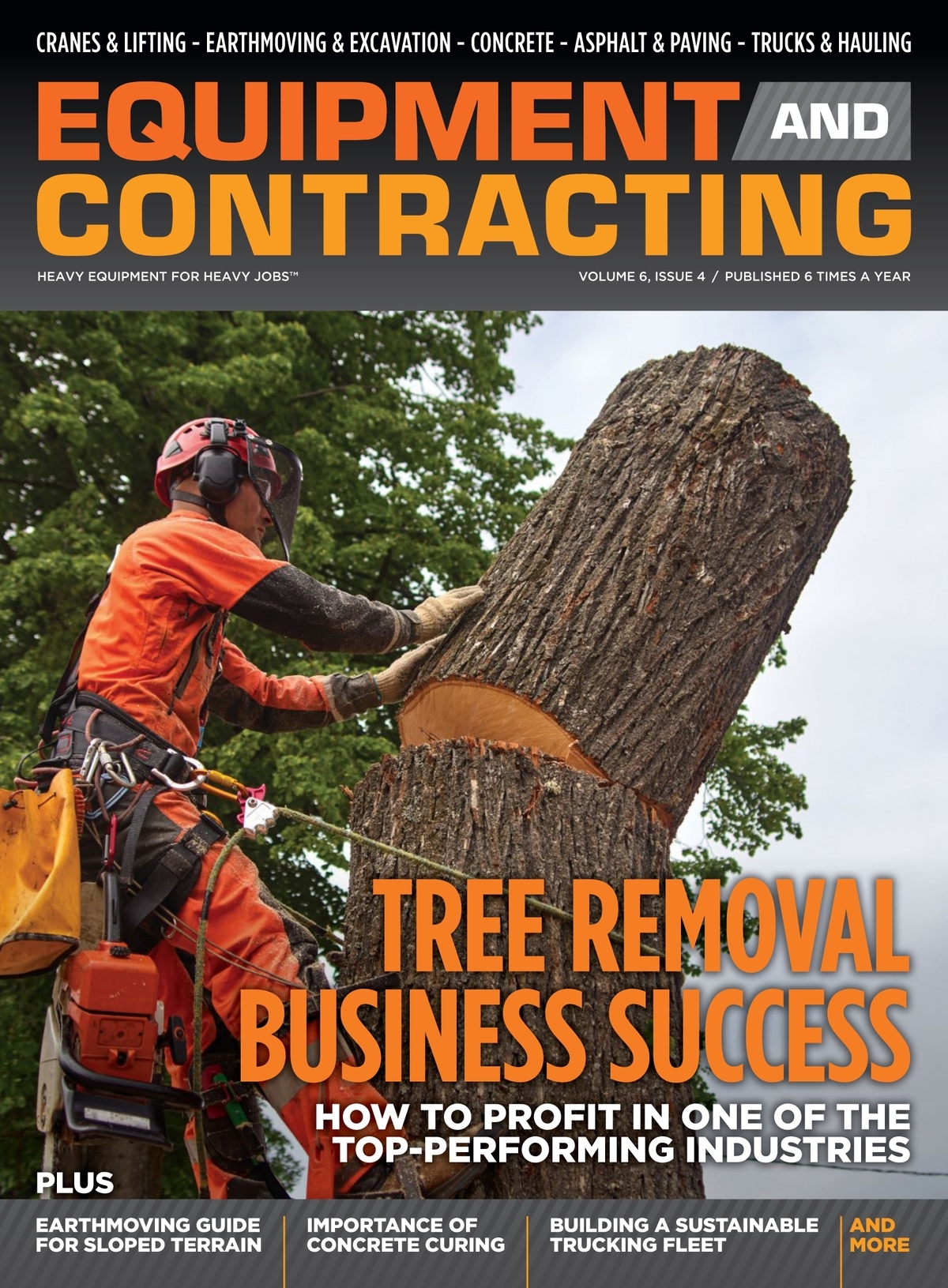View the complete article here.
According to Forbes.com, “a recession is a significant decline in economic activity that lasts for months or even years. Experts declare a recession when a nation’s economy experiences negative gross domestic product (GDP), rising levels of unemployment, falling retail sales, and contracting measures of income and manufacturing for an extended period of time. Recessions are considered an unavoidable part of the business cycle–or the regular cadence of expansion and contraction that occurs in a nation’s economy.”
Putting it bluntly–people lose work, businesses make fewer sales, and the economy struggles.
What causes a recession? Recessions are typically caused by excessive debt and/or too much inflation, which is right about where we’re at now.
How long does a recession last? According to the National Bureau of Economic Research–from 1945 to 2009–the average recession lasted 11 months.
Although it’s almost impossible to predict a recession or economic downturn of any kind, being prepared can help you and your business–not only weather out the storm–but thrive.

25 Tips to Prepare Your Construction Business for a Possible Financial Collapse
Regarding the following tips, each is obviously more effective if implemented before a recession. That being said, some will take the perspective on which actions to take during a recession.
In addition, yes–of course–most of these tips should be implemented on a regular basis. We know this seems obvious–So why aren’t most businesses taking these steps already?
What’s the common denominator within all of these tips?
Work your butt off.
1. Assess Your Current Financial Status
When a recession hits, you should immediately review your present financial status. Start by conducting a comprehensive assessment of your business. Take a close look at your books and figure out how much money you have on hand, what your cash outflow and inflow looks like, and what your project timelines and deadlines are.
Also, you may want to take a look at your supply chain. Do you have suppliers that are located in regions vulnerable to economic failure? Take the Covid crisis, for example–Consider how it was difficult–and still is difficult–to get certain materials in some areas of the United States.
For those of you who are asking, “Shouldn’t I be doing this already, on a regular basis?” You betcha.
2. Have a Plan of Action
Contingency plans are ideal to have ready for any kind of emergency–whether it’s a natural disaster, a medical emergency, or–of course–a financial collapse.
What exactly is a contingency plan? A contingency plan is a course of action designed to help a business respond efficiently to unfortunate–often unforeseen–events. Take the amount of construction jobs available, as an example–Consider how many times you’ve heard politicians debate over the infrastructure budget. Unfortunately, some of these public servants don’t think twice about slashing that precious budget, which means–you guessed it–less work for us. What’s your plan for when this happens?
Your contingency plan should include step-by-step guidelines to address how exactly your construction business will respond to a financial collapse. These guidelines may include headcount and hiring changes, selling materials lying around the yard, cancelling loans on equipment that aren’t being used enough, and–regarding marketing–most amateurs out there would tell you to “cut it out.” However, a savvy construction business owner will take a careful look at their marketing and considering how they can cleverly adjust their strategy for a smaller budget.
And when you’re finished with your contingency plan, don’t forget to share it with the right people within your circle. Your entire team should be prepared.
3. Act Quickly
If the economy takes a dive, you certainly don’t want to make impulsive, reckless decisions. However, it’s important that you don’t procrastinate, as this can have costly consequences. If half of your upcoming jobs are cancelled and your income is cut in half, the sooner you act the better. Maybe you want to cancel one of those equipment leases? Or maybe you need to make some temporary pay cuts? Every month–every week–every day is costing you money. You literally can’t afford to waste time.
When you’re forced into a situation where important, quick decisions must be made, it’s always ideal to have meetings with your decision makers. Talking things out usually keeps people from acting rashly and making–well–stupid decisions that they shouldn’t be making.
Work together as a team and remember–Don’t react–Respond.
4. Invest in Insurance
There’s no insurance policy out there that can completely protect you from an economic collapse.
That being said, the last thing you need is to pay out-of-pocket for an accident on the job site or a disgruntled employee who aims to sue you. We know it’s tempting to nix insurance to save some extra cash each month, but better be safe than sorry–Keep your insurance!
Or–at the very least–take some time to go over your policy with a fine-tooth comb. We find that contractors aren’t necessarily paying for “too much” insurance, but–rather–the wrong policy. Maybe there’s a more suitable–or even cheaper–policy out there that will better serve your business?
5. Look for New Business Opportunities
Although a recession is not the time to take significant risks, you should always have your eyes peeled for profitable opportunities. Consider how entrepreneurs have made millions during the hardest of times (there is a lot of data to support this). As we mentioned in our ‘Building a Multi-Million Dollar Construction Business – The Ultimate Guide for Contractors’ video, our good friend had his most profitable year ever after hurricanes Frances and Jeanne when he converted his landscape business into a debris removal business–trading some of his mowers for grapples and other debris removal equipment.
When times get tough, who are you going to be? The guy who sells his equipment fleet and goes on unemployment… or the guy who doesn’t make excuses and gets resourceful? Remember that the issue is rarely a lack of resources–but rather–a lack of resourcefulness.
6. Be Smart with Financing and Loans
We’ve all got different financial situations. Some of us already have active loans–some of us don’t. Some of us refuse to ever get a loan–some of us are planning to get a loan in the near future. Whatever the case may be, just remember–Getting a loan during a recession can be challenging, and even impossible for some construction business owners.
For that reason, it’s a good idea to plan ahead. Will you need a new piece of equipment several months from now? How about more inventory of a specific material? Or even construction for a new warehouse or garage for your business? If so, maybe you want to lock in that solid interest rate now, because–believe me–you don’t want to pay a ridiculous rate when you’re desperate.
On a final note about financing and loans, the US Small Business Administration offers some helpful financial resources–such as micro loans–for small construction businesses. Government stimulus programs are also available, although we wouldn’t bet the farm on securing one of these.
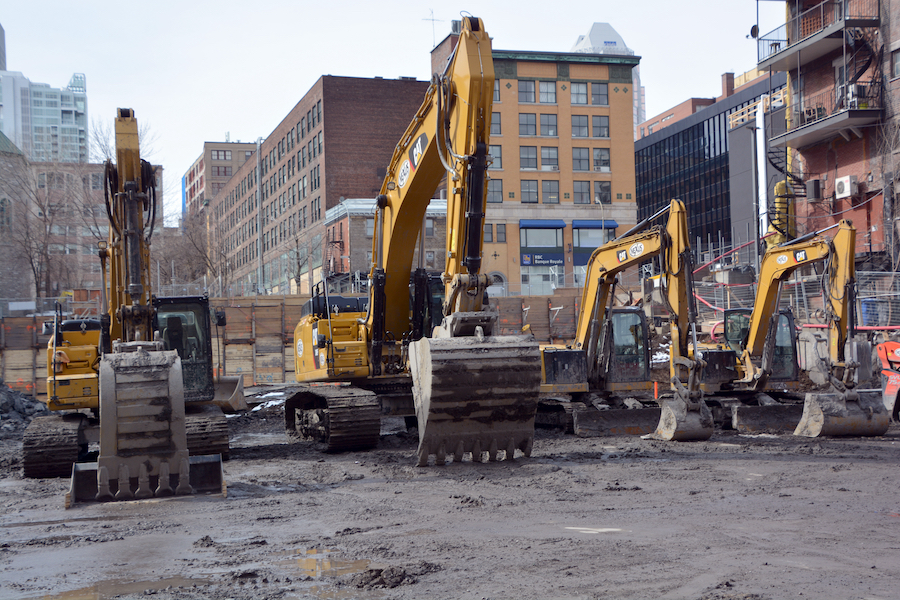
7. Hold Strategic Planning Meetings
We know you think you’re smart, but two heads are always more productive than one–Well, most of the time, anyway. When a recession hits–or any issue for that matter–a strategic planning meeting should be your go-to reaction. Get together with your partners–and maybe even your employees, if it’s appropriate–and make a list of potential challenges that you foresee on the road ahead. What’s next? You guessed it–Start brainstorming ideas as to how to get through these tough financial times.
When it comes to strategizing and meetings, reviewing your backlog should be essential–Are there any jobs to pursue that have better margins? Maybe you want to temporarily or even permanently focus on a different niche? We’ll touch on this more later on.
Remember–A problem discussed is a problem cut in half. When times are tough, there’s nothing worse than resentment that festers. This resentment only leads to blow-ups. But–of course–you don’t need to wait until an argument to hold a meeting and start talking solutions.
8. Monitor Policy Changes and Economic Projections
We’re going to assume most of you would like to spend the majority of your time in your truck or actually working on a project–we get it, believe me–but part of running a successful construction business includes research and keeping tabs on current events. We can assure you that your competitors are doing this, and–if they aren’t–this is a great opportunity for you to get ahead.
Right now, a popular topic is the White House’s Infrastructure Bill. Maybe you want to take a peak at it and see if it really is going to affect you. Also, consider government aid like tax relief and economic impact payments. At this very moment, it looks like these might be coming to an end–Will this mean less contracting jobs available?
So listen up and keep your eyes open. Because–when the heat is on–you need every advantage you can get.
9. Cash, Cash, Cash
One of the most fundamental and important rules of survival is certainly applicable to running a construction business… Keep cash handy!
During a financial collapse, cash will take you far. Whether you’re renting a piece of equipment, buying some materials, or hiring employees–consider how a vendor will be more willing to negotiate when you’re working with cash.
And projecting cashflow is equally as important. There’s plenty of financial software out there that will do the heavy lifting for you (no pun intended). Covering your operating expenses and overhead is essential to keeping your business afloat so it’s worth your time. Don’t be lazy.
10. Become Margin-Driven
Let’s quickly go over the basics of profit margins…
A profit margin is the difference between the sale price of a product and the cost of making the product. When a construction business consistently sells products with little profit, that’s a low-margin business. A high-margin construction business acquires its products at a low price and has the ability to sell the products at a marked up price–for greater profit.
High-margins are good. That is the name of the game–especially during a recession. If you disagree (there’s always somebody), feel free to comment why below.
If your margins are low, do you need to drop everything and quit your business? No, of course not. But maybe there’s some clever margin management that you can pull off–like working with a more affordable, efficient subcontractor. Or maybe you can find cheaper materials from a different vendor. Or–like we mentioned before–maybe renting equipment–not owning–will improve your margins.
Maybe that guy Darwin was onto something when he said–“It is not the strongest of the species that survives, nor the most intelligent; it is the one most adaptable to change.”
11. Take a Closer Look at Your Contracts and Service Agreements
Someone also said–and we’re not sure who–“The devil is in the details.” It’s important to take a closer look at your contracts and service agreements to see if you and your business can operate more effectively. Whether you’re reviewing current or upcoming contracts, look for the following terms and factors:
- “Scope of work”–What exactly is expected of the contractor?
- “Indemnities”–Which are obligations for one party to compensate the other for things like damages, losses, or expenses.
- “Liquidated Damages”–Or the compensation you may have to pay if the project is not completed on time.
- “Reasonably inferable”–Will the project owner claim that the design isn’t up-to-par?
- “Incorporation clauses”–A subcontractor can be bound to the provisions of the prime contract between the general contractor and owner.
These are just a few. There are–of course–many more factors to consider while reviewing a contract, which we’ll be reviewing in another video.
Have you made mistakes on contracts in the past? Good–learn from them–Get stronger and smarter so you can be even more efficient during the inevitable hard times.
12. Know Your Target Market
When time and money are tight, you can’t afford to waste any time pursuing prospects that aren’t going to pay off. We know that most of you can already answer this question, but who are you targeting for business–and why? We’re surprised each time we ask a client (or someone who’s looking for help)–“What’s your target market?”–and they respond–“Well, erm…” Going after new business requires valuable time and energy so get clear about what you want. The more precise you are, the more results you’re going to see.
And what exactly are you offering these prospects? It’s crucial to know what your potential customers are looking for in a contractor and what issues they need or want solved. We couldn’t agree more with Mark Cuban when he said that greatest value you can offer someone is to reduce their stress. If the services you’re offering can solve a client’s problem and reduce the amount of tension on their plate, they will want to work with you. It’s that simple.

13. Be Careful with Backlogs
Taking a quick step back–A backlog is the amount of work (measured in dollars) that a contractor is contracted to do in the future. The more value the backlog manifests, the more comfortable a contractor can be with their current finances and financial decisions. While a strong backlog is a good indicator of a healthy construction company–during an economic crisis–be careful not to rely too much on the backlog, as the chances of a project being delayed or even cancelled has now dramatically increased.
So what can you about it? Hopefully, this galvanizes you to take even more action. Get hungry. If you chase hard enough after new jobs, you won’t need to worry about a delayed or cancelled project on the backlog. Remember–The best construction companies never stop moving their feet–They never stop taking action.
14. Use Technology to Your Advantage
Tony Robbins defines business efficiently very well–“business efficiency means maximizing your outputs from your given inputs–or making the most of your resources. If you haven’t thought about how to improve efficiency in a business, you may well be overlooking places where you can cut down on the time you’re spending on a particular task. This saves you money and manpower in both the short term and the long run.”
One of the most important objectives–if not the most important objective–of any construction business is to be as efficient as possible. Essentially, you want to make the most amount of money, with the least amount of effort.
And what better way to improve your business efficiency? With technology. These days, there is plenty of software out there that can improve the efficiency of your business with features such as:
- Project management
- Streamline bidding
- Web apps including a time card app
- Estimating tools
- Job cost accounting
- Pre-construction leads, CRM, and templates
- Cost catalog, specs, and selections
- To-do lists
- Warranty and punch lists
The list goes on-and-on.
It’s great that you’re working hard–but remember to work smart. Take advantage of technology to improve your business efficiency. During a recession, your business depends on it.
15. Anticipate Lost Profits
The best contractors are constantly reviewing P&Ls–searching for any sign of profit loss–and that’s during an average economy. And take into consideration that even these contractors–who are doing their due diligence–will struggle during a financial collapse. Now, think about the average contractor who rarely checks for any sign of loss of profit. They won’t stand a chance.
Here are the most common reasons a construction business loses profits:
- Poor hiring decisions and too many employees
- Lacking a business strategy
- Underbidding projects
- Having the wrong insurance
- Poor accounting
- Not accounting for taxes and fees
- Spending too much money
When it comes to lost profits, the most important thing to keep in mind is this–Anticipate–It’s easier to plug a hole in the dike when the hole is still small.
16. Reduce Debt and Cut the Fat
We know that some of you are currently operating your construction businesses with debt. And we understand that some of the debt out there is considered “good” debt. But during–better yet–before a recession, you need to be very, very careful with debt.
For those of you who are in need of a loan during a financial crisis–and you plan to manage the debt responsibly–remember that your chances of obtaining a loan without any current debt are far greater. So it’s always wise to be debt free until you really need it.
But for most of you who are looking to cut back and avoid debt–at all costs–here are some ideas:
- Are you taking on too many projects?
- Do you have equipment sitting around or employees that aren’t pulling their weight?
- Could you be cost estimating your jobs in a more efficient way?
- Can you renegotiate and possibly even restructure loans with existing lenders?
- Do you have any creative payment resolutions or alternatives–such as bartering–for your vendors and suppliers?
- Have you maximized your pledged assets–ensuring that you receive full credit–with your bank?
On a final note about debt–Just remember that it’s easier to not spend $1,000 than to make $1,000.
17. Put Processes in Place to Help You Get Paid Faster
When it comes to getting paid faster–or even paid on time–we find that most people are just too lazy or afraid to put processes in place to ensure prompt payment. And–during a recession–you can’t afford to be lazy or paralyzed by fear.
Let’s take a quick look at how fear plays a role in a recession…
One thing that we all know for sure is that–during a financial collapse–people get fearful. And when people get fearful, they get desperate–and desperate people do desperate things like refuse to pay vendors and suppliers. Most of us already know what it feels like when a client doesn’t pay. It doesn’t feel good, does it?
If you haven’t already, be sure and use an invoicing software that automatically sends invoice follow-ups. It’s no surprise that clients ignore an invoice when it lands in their inbox.
And we know that paperwork can be annoying for every single agreement you make throughout the course of the year, but you’re going to want that signed contract if you need to take someone to court. So–for that reason–be as meticulous as possible. Leave no stone unturned.
18. Invest in Your Workforce
When the chips are down, you need to be able to depend on your workforce. If we haven’t established this by now, you can’t do this alone.
If you don’t already know who they are, find out who your strongest and most reliable employees are, and take care of them. Whether this means you increase their salary or buy them a gift–whatever the incentive may be–keep them happy!
There is already a serious labor shortage in the construction industry, and–we can assure you–it won’t improve during a recession.

19. Know Your Operating Costs and Keep Them Low
Unless you’ve been living on the moon the last 24 months, you’ve noticed that material and labor costs have increased. Heck, some of us can’t even find a plumber or handyman to fix something around the house these days.
While projects are becoming more complex–with shorter timelines–profit margins are becoming pretty thin. And it doesn’t look like this is going to get better any time soon. What can you do about this?
At the very least, you should have a thorough understanding of what your operating costs are. These costs may include materials, labor, and any equipment involved, but–whatever they may be–you won’t be able to manage and adjust these costs until you understand them.
Knowing is half the battle. And with so many options available for construction management and accounting software, there’s no excuse for not understanding your operating costs.
20. Overhead Costs and Productivity
While remaining vigilantly aware of operating costs and keeping them low, it’s equally important to manage overhead costs in order to improve productivity in your construction business.
Overhead expenses are costs not related to materials, labor, and equipment. Instead, overhead pertains more to insurance, office staff, vehicles and other expenses necessary to run your business.
While you can’t get rid of overhead expenses entirely, there are three areas of your construction business where you may be able to make adjustments–bidding, accounts receivable, and accounts payable.
Use an estimating program to calculate your material needs and organize your bid files at the same time. File your taxes, workers comp, and unemployment insurance via the Internet. Use an online payroll service to handle your payroll needs. This may take some time, but streamlining these tedious–but necessary–tasks will ultimately add more hours to your day.
21. Reconsider Your Niche and Play to Your Strengths
We touched on business expansion earlier, but it’s worth taking a closer look–During a recession, people change–the market changes–the industry changes. And–often times–it’s necessary for you to change too. This may entail reconsidering your niche and leveraging your strengths–strengths that you may or may not have realized you have.
As corny as it sounds, now is the time to look within yourself–What do you want? What are you good at? What are you not good at? Or how about–What have you always wanted to do? In the past, maybe you’ve been passionate about a career or niche, but you never took the time to pursue it?
Maybe you’ve made a living building swimming pools, and–because of the recession–work has slowed dramatically. Now’s the time to focus on that landscaping or maintenance business that you’ve always wanted to do?
Whatever lies on the road ahead, try to stay open-minded and honest with yourself. Things just seem to work out better this way.
22. Negotiate Wisely
Although we may be entering times of survival, be careful with “survival bidding.” Yes, you need the work–and the client probably understands this–but if you’re underbidding every project, you put yourself at serious risk of losing money–money that you can’t afford to lose.
But–at the same time–don’t let clients hold you hostage. You’re running a business and paying employees, and your clients need to respect this–whether they want to or not. Stand your ground, and don’t be a doormat. This is what separates the “men from the boys” (or the “girls from the women”). You might step on some toes and even hurt some feelings. If this bothers you, just remind yourself–You’ve got mouths to feed.
When it comes to negotiating, it’s crucial that you find some sort of harmonious balance that works for you and your business strategy.
23. Improve Estimate Accuracy
Becoming a skilled construction cost estimator is a talent that can take you far–particularly during a recession. A solid estimator must be experienced, knowledgeable, accurate, and methodical. In addition to making accurate estimates for each job, an estimator must also be vigilant about improving future estimates at the same time.
Poor estimating practices result in under and over bidding–both of which can have dire consequences. Add when you add a financial crisis the equation, you have a recipe for disaster.
We’ll discuss more about estimating in a different tutorial, but–for now–take some time to “sharpen the axe.” You can start by reviewing some of your prior estimates. Compare your estimations versus the actual amount–What could you have done differently? What is the lesson to learn before doing your next estimate?
24. Have an Emergency Fund
Ask any financial planner, and they’ll tell you the same thing–Having an emergency fund in place is one of the best things you can do for you and your business.
While it’s good to have insurance–which will (hopefully) cover most incidentals–an emergency fund is essential during a recession. What if you need a few hundred extra dollars to cover the cost of a material? Or what if your most important excavator breaks, and you urgently need cash to purchase a spare part? You never know what you’ll need some extra cash for.
When it comes to emergencies, expect the unexpected. As Murphy’s Law states–If anything can go wrong–It will.
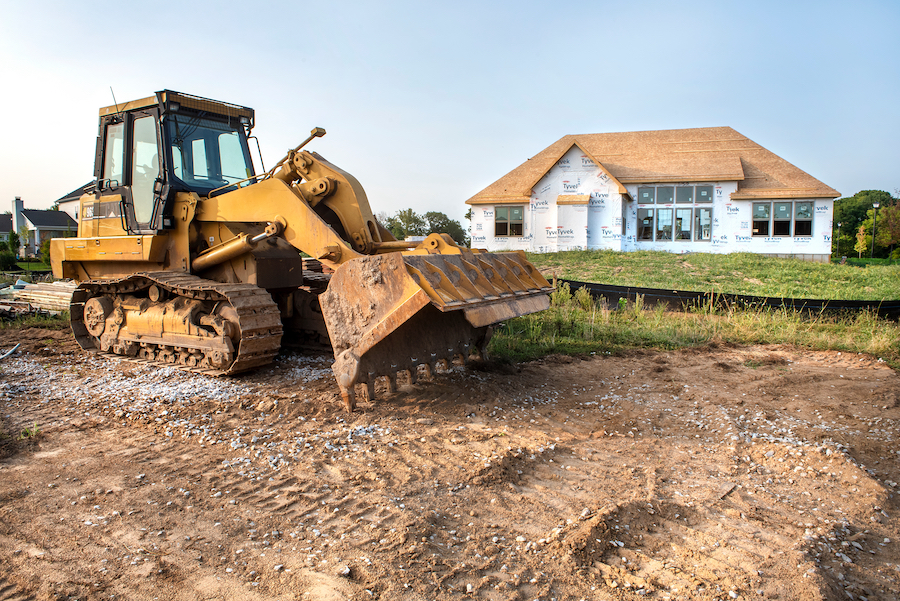
25. Make an Emergency Checklist
Emergency checklists aren’t only essential for natural disasters and serious injuries, but they’re imperative for financial crises as well.
For example–How are you going to handle the loss of key personnel, labor disputes, or material delivery delays or cancellations? These situations–not only threaten your revenue–but can hurt your reputation as well. It doesn’t look too good when that lumber you ordered doesn’t arrive on time for a client’s project. Most of us have already experienced these crises on a minor, everyday scenario so imagine these challenges on a national scale during a recession… It’s not pretty.
Remember what we said about Murphy’s Law? If anything can go wrong–It will.
So what should your checklist include? Your list for natural disasters and injuries might look a little different, but here’s what we feel is essential for a recession:
- Backlog–Income from upcoming jobs is essential. Have you confirmed with the client that the job is still on? Are you 100% sure the materials have arrived or will be arriving soon? Exactly how many employees do you need for the job–Can you cut back on one of them? Are you and your team fully prepared for the job so there are no delays?
- Equipment fleet–Are you 100% sure that you need every piece of equipment in your fleet? If not, why not sell it on an online marketplace? Or rent it? Unused equipment sitting around the yard does you no good during a recession.
- Materials–Do you have any unused materials sitting around the yard? Why not sell that steel sheet piling before it gets rained on–yet another time? Heck, hustling and selling used materials around your yard might generate some solid income–even if we aren’t in a recession.
- Personnel–What are you going to do if an employee quits or gets sick the day of the job? During a financial crisis, there’s no room for mishaps like this so you need a replacement–or at least a list of potential replacements–ready.
- Security–We all know that theft is an issue to begin with, and it only gets worse during a recession. We’ve all heard the stories of–not just materials being stolen from the job site or yard–but large pieces of equipment that are casually driven off in the middle of the night. If you aren’t already doing this, we recommend you purchase security cameras before you learn the hard way.
- Insurance–Do you have all of the necessary insurance? And–just as important–Have you reviewed your current insurance to ensure that you’ve got the appropriate plan and that you’re not overpaying?
- Loans–Have you reviewed your current loans? Will you be able to afford them? Can you renegotiate with the lender?
- Attorneys–One always hopes that an attorney isn’t necessary, but your emergency checklist should always include at least one attorney’s phone number so it’s there when you need it. What if a client sues? Or an employee gets hurt? Or if there is a contract discrepancy? Better be safe than sorry!
- Cash–Do you have cash handy for emergencies?
Have any other checklist items to add? Please comment below so others will know about it.
Hard Work Never Fails
Without trying to sound dramatic, the bottom line is that recessions are an inevitable part of the organic economic cycle. They will always occur, and we’re overdo for one.
But that doesn’t mean you need to panic. A little fear is healthy, but panicking accomplishing nothing. If anything, be grateful. The construction industry tends to perform pretty well during hard times. Consider how we survived and possibly even thrived during the last couple years of Covid. Unfortunately, others–like restaurant owners–didn’t have the same experience.
Like we say in just about all of our video guides–If you work your butt off, you should be just fine.
View the complete article here.
What are the common causes of a recession?
Recessions are typically triggered by excessive debt and/or high inflation.
How long does a recession usually last?
On average, recessions last approximately 11 months, according to data from 1945 to 2009 by the National Bureau of Economic Research.

